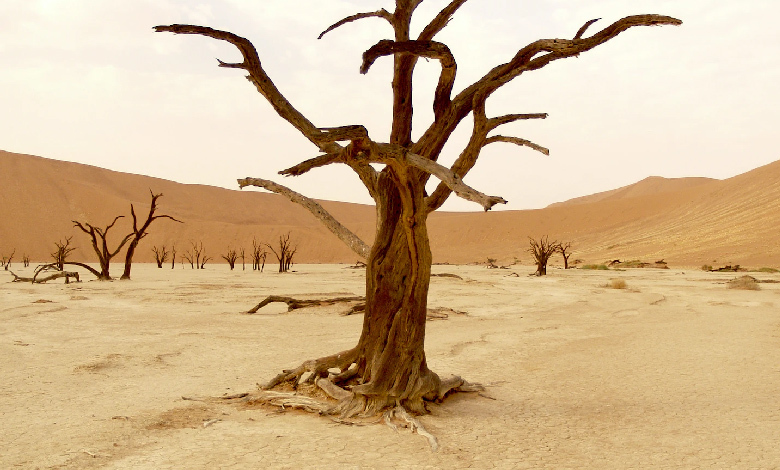Can evolution stop humans from resolving environmental problems?

Human evolution holds potential to stop our species from solving the climate emergency, according to a new study led by the University of Maine. Researchers sought to know how the process of cultural adaptation to the environment might influence our climate efforts.
Finding answers to three core questions
The project tried to find answers to the following:
1. How human evolution has triggered the multiple global environmental problems
2. How human evolution has operated in the context of natural resources
3. How environmental limits might change the outcomes of human evolution in the future
The research revealed a set of common patterns. Over the past 100,000 years, human groups have progressively used more types of resources, more intensely, at greater scales and triggering greater environment impacts.
Those groups then spread to new environments housing new resources. The global human expansion and the process of cultural adaptation to the environment hold a lot of connection. Human evolution is majorly facilitated by cultural change – it is faster than genetic evolution.
Human evolution on a limited earth
For the last tens of thousands of years, expansion has been good news for the species. But today, humans have run out of space. The physical limits of the biosphere has been reached. Our cultural adaptations, particularly the use of fossil fuels, have created dangerous problems.
Going forward, further research is needed to better understand the drivers of cultural evolution and search for methods to reduce global environmental competition. Studies could focus on the past processes that led to the human domination of the biosphere.
But if the general outline proves to be correct, and human evolution tends to stop efforts to manage the climate crisis, then some pressing questions need to be answered. This includes if our species can use this knowledge to improve the global response to climate change.



